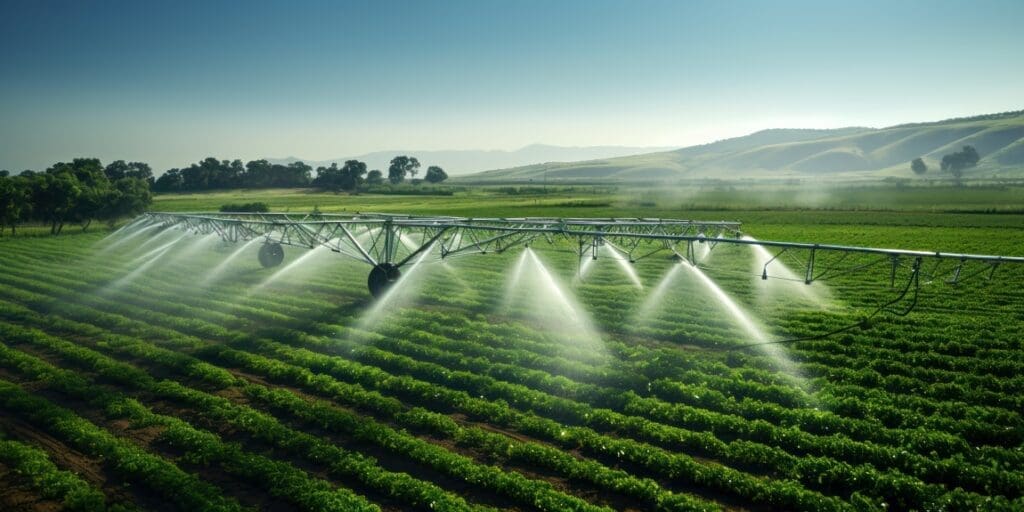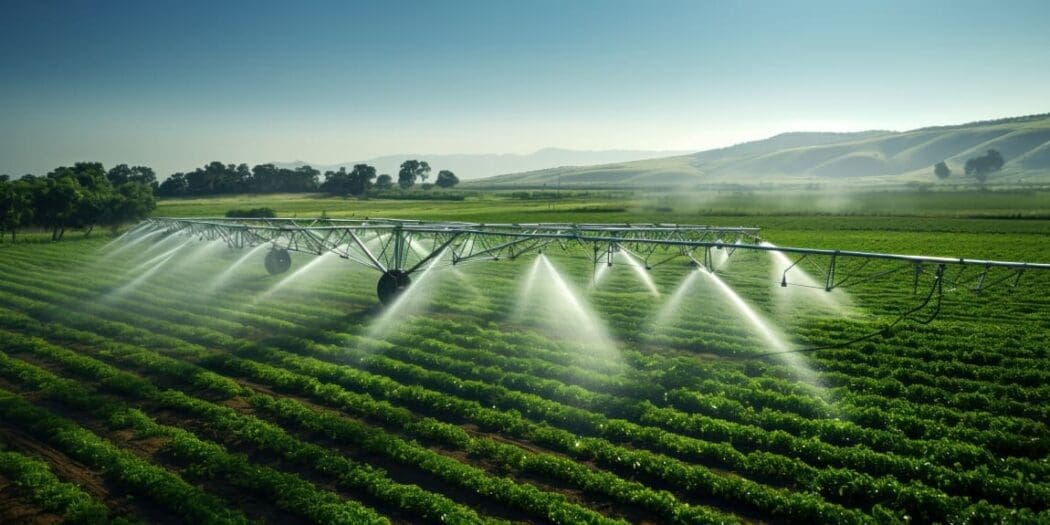Groundwater levels in southwestern Europe remain stable over decades
Groundwater is a vital resource, sustaining plants and ecosystems, ensuring agricultural production and serving as a core component of drinking water supplies. However, climate change and anthropogenic pressures can threaten groundwater availability, especially in southwestern Europe.
In a paper published in Communications Earth & Environment, this threat was evaluated by an international research team coordinated by the Helmholtz Centre for Environmental Research (UFZ) using multidecadal data from more than 12,000 groundwater wells in Portugal, Spain, France, and Italy.
The surprising finding: groundwater levels are not declining everywhere as widely believed, but primarily in semi-arid regions with intensive agriculture and frequent droughts. Declines are also observed in temperate regions associated with large urban areas.

The authors conclude that, with suitable management practices, groundwater can be utilized sustainably.
“A widespread belief is that groundwater levels are continuously declining everywhere in southwestern Europe. However, a closer examination of the data reveals that the situation is more complex,” says UFZ hydrologist Dr. Seifeddine Jomaa, the corresponding author of the study.
Data from 1960 to 2020 revealed that 68% of the examined wells showed stable levels over the past three decades, 20% of the wells showed rising groundwater levels, while only 12% showed a decline. “To avoid generalizations, a differentiated and detailed consideration of local groundwater systems is needed,” Seifeddine Jomaa says.
Stable groundwater levels are primarily located in temperate regions with year-round high precipitation, such as northern France. “In these regions, high recharge rates keep groundwater levels nearly stable,” says Rafael Chávez García Silva, first author and also hydrologist at the UFZ. In other areas, like the lower Po River basin near Ravenna, groundwater levels are even rising due to natural and anthropogenic factors and land subsidence, requiring surface water drainage and groundwater pumping to prevent flooding.
In semi-arid regions, however, there are many places, such as Tarbes in France and Medina del Campo in Spain, where groundwater levels have been declining for decades. This is partly due to decreased rainfall and elevated temperatures brought about by climate change. Intensive agriculture is also a significant factor.
“These four Mediterranean countries are responsible for a large part of the EU’s fruit, vegetable, and grain production, with groundwater supplying 30-50% of irrigation,” says Seifeddine Jomaa.
Even in temperate regions, the team found wells with declining groundwater levels. The cause is proximity to cities and industry. Since the 1960s, for example, groundwater levels in the metropolitan areas of cities such as Lyon, Nice, Modena, and Bordeaux have been declining.
In Bordeaux, the ninth-largest city in France, the high groundwater consumption is attributed to increasing domestic use. The popular French tourist destination, Béziers, has seen a significant decline in groundwater levels due to increased extraction to supply drinking water for summer tourists.
While groundwater decline in urban and industrial areas is not easily halted, the researchers found effective management approaches in semi-arid, agricultural regions, which lead to the recovery of groundwater levels, as seen in La Mancha Oriental in Spain. Until the 1990s, groundwater levels were declining due to excessive irrigation.
“As a result, sections of the Júcar River dried up in 1994 for the first time ever. This dramatic event prompted farmers to create a water user association that aimed to stop the decline in groundwater levels through a combination of monitoring, remote sensing, and individual water use plans. These measures effectively reversed groundwater level trends in the region,” says coauthor J. Jaime Gómez-Hernández, hydrogeologist at the Technical University of Valencia.
Against the backdrop of climate change, southwestern Europe can provide lessons for groundwater management in Germany and other regions worldwide, especially as groundwater demand increases and aquifer recharge suffers due to climate change.
“Germany could benefit from the experience gained in southwestern Europe, how groundwater can be optimally used, which irrigation methods are more effective, how we enhance stakeholder engagement and what mistakes should be avoided in the future,” says Seifeddine Jomaa.
One thing is clear: Germany needs an anticipatory approach for sustainable groundwater use.
***
This work was supported by InTheMED and OurMED projects, which are part of the PRIMA (Partnership for Research and Innovation in the Mediterranean Area) Program funded by the European Union’s Horizon 2020 research and innovation program.
Journal Reference:
Chávez García Silva, R., Reinecke, R., Copty, N.K. et al. ‘Multi-decadal groundwater observations reveal surprisingly stable levels in southwestern Europe’, Communications Earth & Environment 5, 387 (2024). DOI: 10.1038/s43247-024-01554-w
Article Source:
Press Release/Material by Helmholtz Centre for Environmental Research (UFZ)
Featured image credit: nuraghies | Freepik (AI Gen.)




